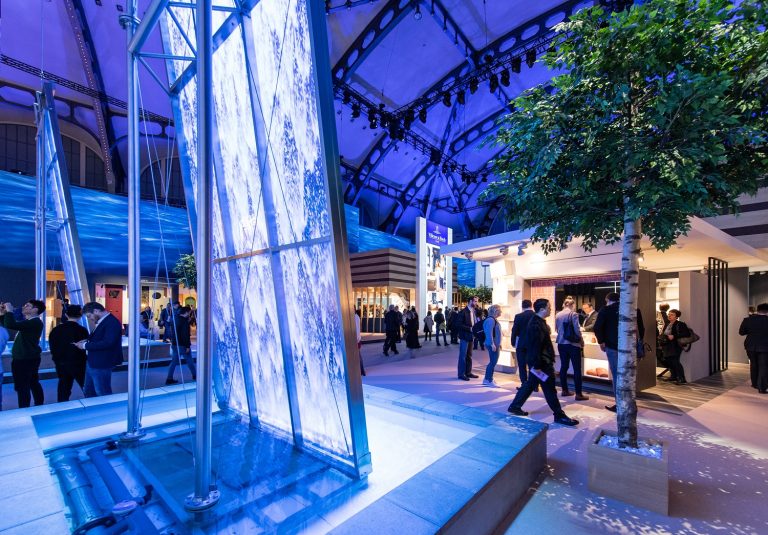ISH 2021 will take place from 22 to 26 March 2021 and will be wholly digital. ISH has also announced the show will highlight a host of issues, including ‘Indoor Environment Quality’. This theme covers thermal comfort and indoor air-quality hygiene.
Experts agree that the Covid pandemic, which has persisted since the spring of 2020, and the need to protect people from being infected by the coronavirus in enclosed spaces is going to have a major impact on ventilation and air-conditioning technology.
Ventilation units play an important role here, as constant flushing of indoor spaces with large volumes of clean external air will significantly reduce the concentration of Covid aerosols in room air and thus greatly limit the risk of infection. In effect, the more external air that is used, the better the effect. And if the existing ventilation system is not powerful enough to provide an exchange of air from the outside sufficient to provide a significant reduction in Covid aerosols, two further measures are recommended:
Firstly: windows should be opened at regular intervals to provide ventilation.
Secondly: supplementary air-purifying units should be set up and operated. These plug-in devices continually suck in the room air, filter out any viruses that it may contain using high-efficiency, particulate filters (HEPA) and / or UV-C irradiation and then return the purified air into the room. Efficiency levels of over 99 percent can be achieved. Such devices, which are also recommended by virologists as a sensible additional measure to complement the introduction of external airflow are now available from many manufacturers, with a variety of designs and airflow levels. They are suitable to provide effective supplementary protection from coronavirus infection in, for example, classrooms, open-plan offices and conference rooms, as well as in doctors’ surgeries, fitness rooms and other similar applications.
Be it offices, administration buildings and event locations, restaurants, cinemas, theatres, department stores, shops, supermarkets, leisure facilities or industrial sites: wherever people spend longer amounts of time, the operation of ventilation and air-conditioning installations ensures that constantly pleasant indoor temperatures and humidity levels, adjusted to suit requirements at the time, are maintained and that the air quality is healthy and feels fresh. Technical regulations, standards and guidelines talk of ‘thermal comfort’ and the IEQ (Indoor Environment Quality), which involves several parameters.
Satisfaction with the conditions in a given space, is in large measure, dependent on the temperature of the room, the humidity level and the movement of air. The following values are considered appropriate for good IEQ and are the figures usually applied in the planning of most ventilation and air-conditioning installations in buildings and indoor communal areas:
- Room temperature: between about 20 °C in winter and 26 °C in summer
- Humidity level: between about 40 % in winter and 60 % in summer
- Air movement: less than about 0.2 m/s in places where people congregate in order to rule out any possible danger of draughts.
We can assume that the coronavirus epidemic and the need for personal protection will, in future, be given greater consideration in the planning and installation of ventilation and air-conditioning systems – with, for example, higher airflow volumes and the use of high-efficiency air filtration systems.
Detailed information about ISH Digital 2021 can be found at: www.ish.messefrankfurt.com
ISH is the leading world trade fair for water, heating and air conditioning and will take place from 22 to 26 March 2021.


